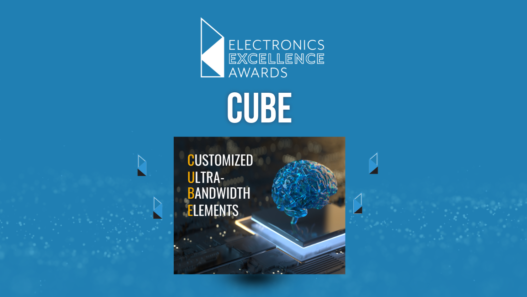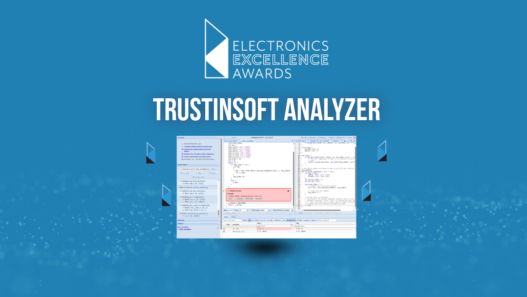The new products are embedded flash memory devices that integrate BiCS FLASH 3D flash memory and a controller in a single package.
With connected cars and autonomous vehicles expected to generate enormous quantities of data, the storage requirements for automotive applications will continue to increase.
TMA’s BiCS FLASH-enabled UFS devices provide customers an option that is better suited to support their high performance and density needs than existing e-MMC and UFS devices. For example, the 256GB product’s sequential read and write performance are improved by approximately 6 and 33 percent, respectively, over previous generation devices.
“Due to the significant performance improvements it brings, UFS has become the mainstream solution for high end and mid-tier smartphones,” noted Scott Beekman, Director of Managed Flash Memory products for Toshiba Memory America.
“It’s only natural that automotive applications follow the same course. Our long history in UFS – we were the first to introduce it back in 2013 – puts us in a unique position to anticipate and support evolving applications to enable these types of transitions.”
The new UFS devices feature several functions well-suited to the requirements of automotive applications including Refresh, Thermal Control and Extended Diagnosis.
The Refresh function can be used to refresh data stored in UFS and helps extend the data’s lifespan. The Thermal Control function protects the device from overheating in the high temperature circumstances that can occur in automotive applications. Lastly, the Extended Diagnosis function helps users easily understand the device’s status.
Technology advances in automotive information and entertainment systems, ADAS and autonomous driving will continue to push the storage demands in automotive applications ever higher. As these demands continue to grow, TMA will retain a leadership position in the market by reinforcing its lineup of high performance, high capacity memory solutions targeting the sector.





